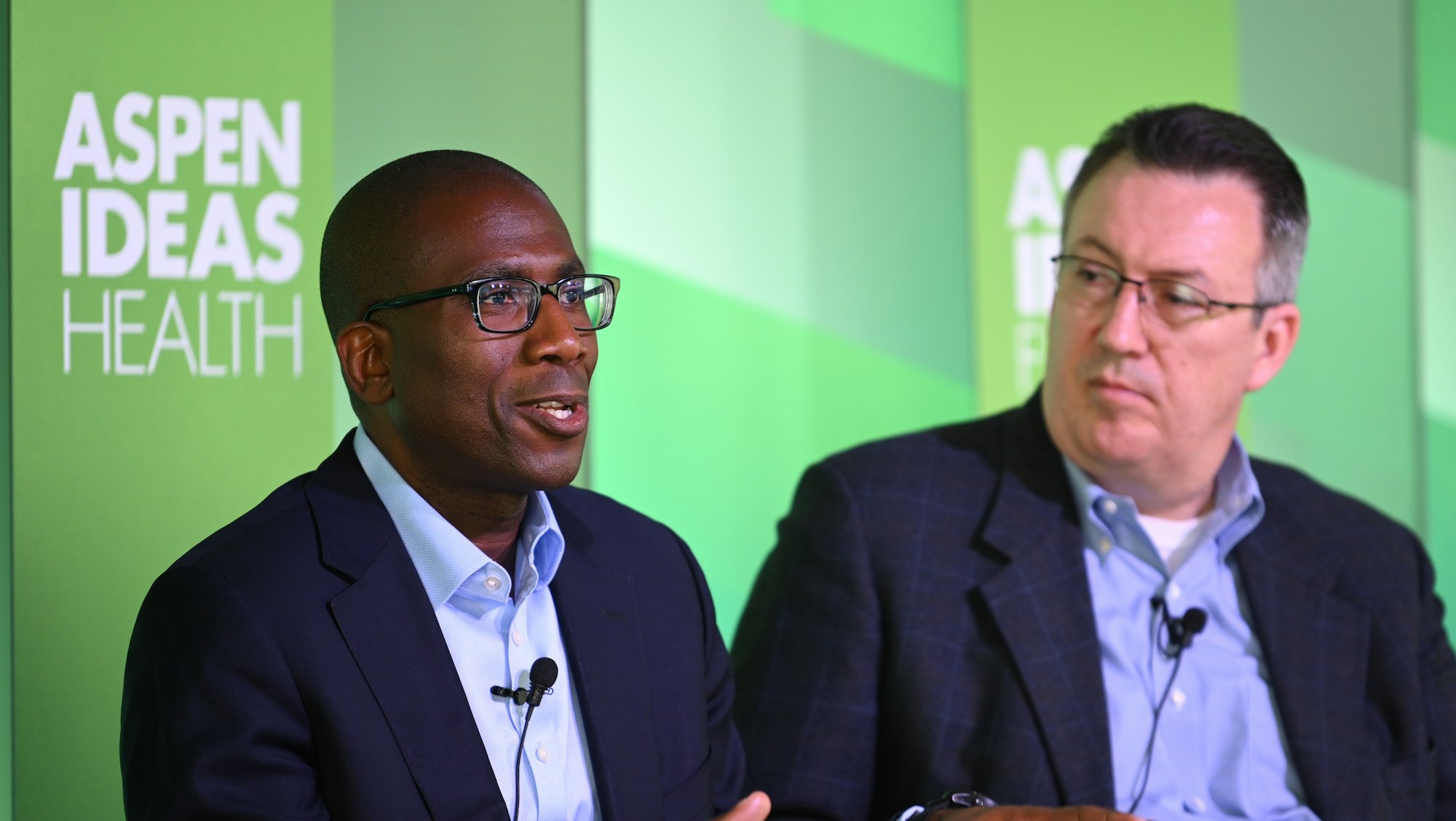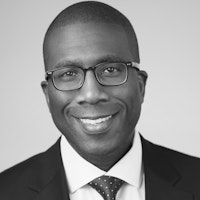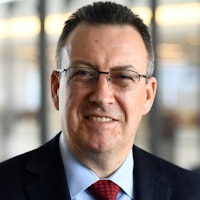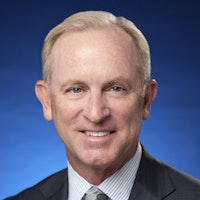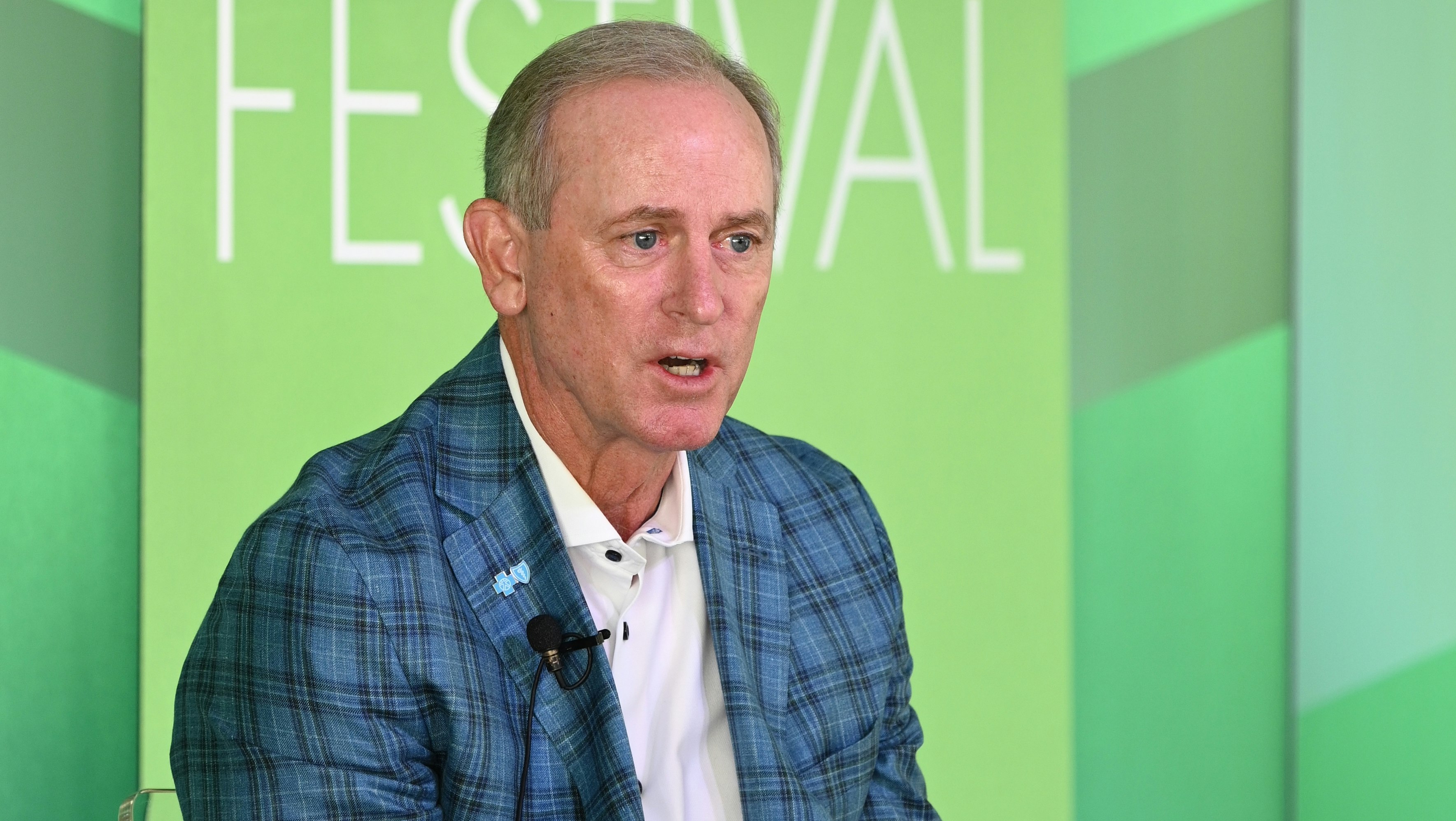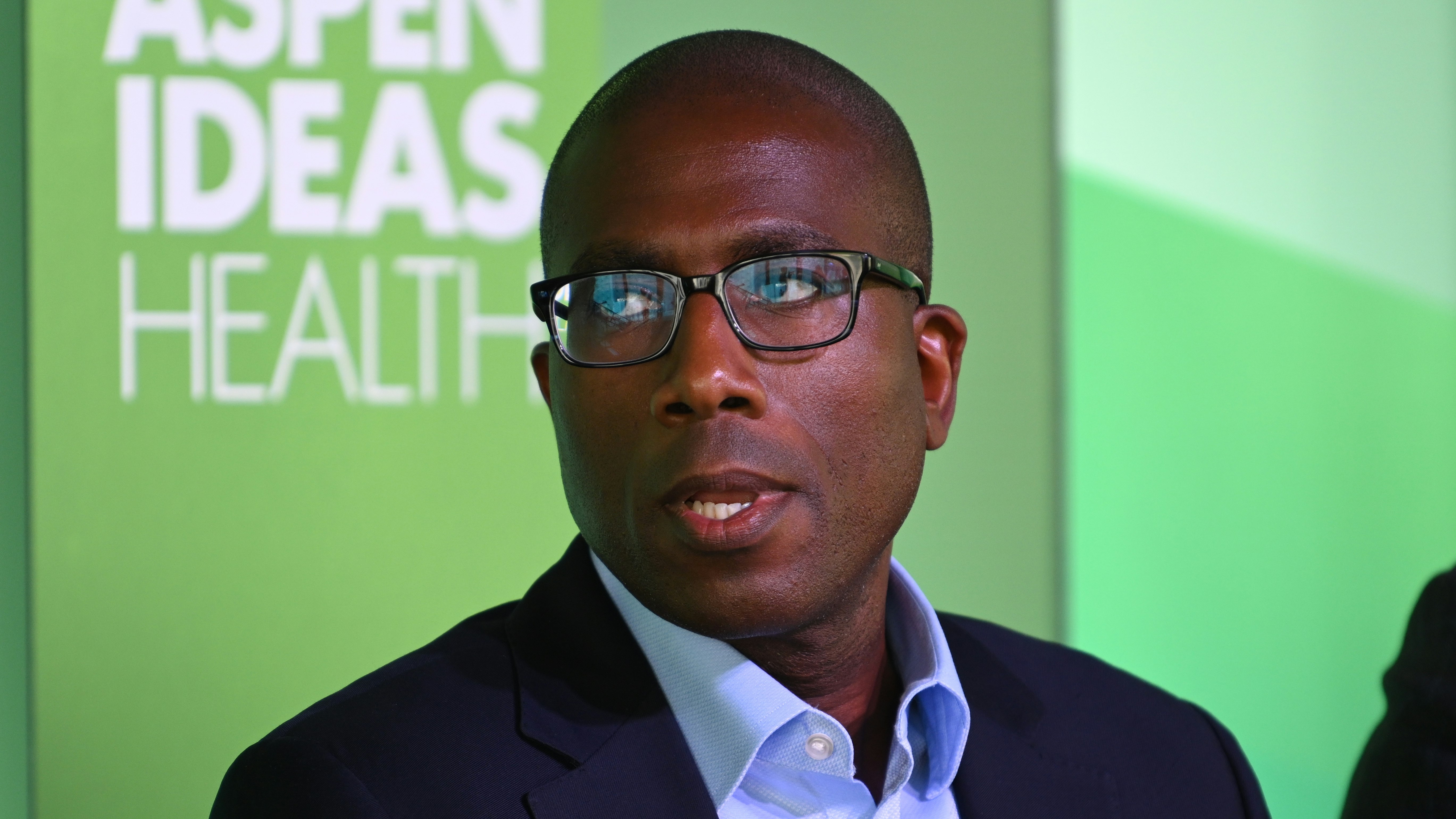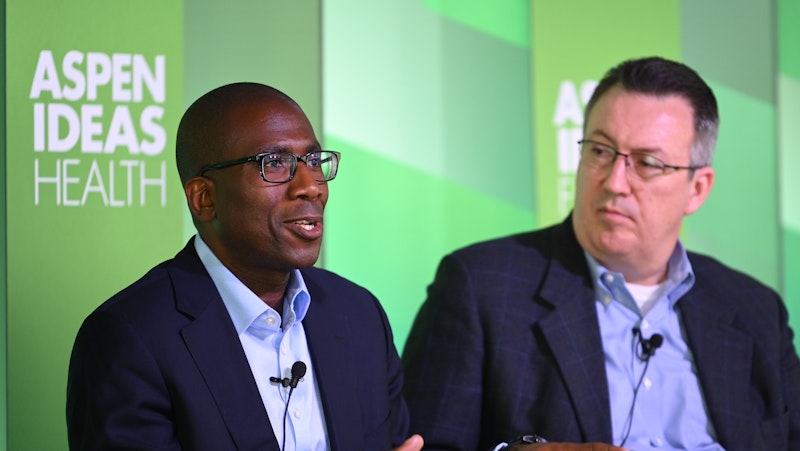
The Business Case for Health: View from the C-Suite
Setup
About 40 percent of GDP in the United States is spent on either the health or financial industries, yet workers themselves are in increasingly dire health and financial straits. The plight of a large segment of the American public should be a siren call to sector leaders to align their business goals with actions that enhance household well-being and healthy communities. Fortunately, many industries are recognizing the value of integrating wellness outcomes into their core mission and business metrics. Executives from the C-suite talk about why the business sector should care about health and how they can help to build it.
- 2019 Health
- Health
- Economy
- Full transcript
Companies thrive when communities thrive
There’s no question in David Anderson’s mind that the financial and physical health of individuals are inextricably linked with the health of a community. And as president and CEO of HealthNow, Anderson takes it a step further. Watch as he makes the business case, with examples from his own career, for why companies should invest in both the physical and financial health of their own communities as well:
Investing in employee wellness is just smart business
If ethical concerns don’t drive a company to invest in the financial and physical health of their employees, Jamie Kalamarides, president of Prudential Group Insurance, thinks financial concerns alone should be enough motivation. Over a quarter of Americans’ visions of their own finances don’t match their realities, according to Kalamarides, and that can have big implications for a company’s success.
Big IdeaWhen employees bring stress to work, they’re unproductive, they’re more absent, they go out on disability more. We have a less productive workforce. We have a less engaged workforce. We have a less loyal workforce. Even if you’re not altruistic, we can convince employers to get into this game…to get a better outcome for the shareholders.Jamie Kalamarides
Kalamarides points to his own company as proof. After implementing wellness programs, they saw real reductions in short-term disability due to mental stress. And financial stress amongst employees was more than halved when his company introduced financial counseling programs.
Small businesses become mightier when they work together
Wellness programs clearly benefit both employers and employees, but smaller businesses just don’t have the ability to offer the same wellness programs that larger companies can. So what’s a small business to do? Donald Felix, head of financial health at JP Morgan Chase, and other panelists discuss a possible solution:
When small businesses come together and pool their resources for employees, they can offer wellness programs on par with much larger companies.
How can companies roll with the changing face of employment?
Employer-sponsored health insurance, retirement plans, and even bank accounts have historically been the pillars of both financial and physical health in the United States. Now that more U.S. employees work as contractors with few to nonexistent benefits, companies are having to think how they bolster employee well-being.
By The Numbers
If well-being can’t be sustainably scaled through employers, Dave Anderson says that we need to get creative in how we connect people to resources for well-being. It’s too early to tell what’s most effective, but whether it’s through new start ups, government programs, or social media networks, companies need to start thinking now about how best to support their employees.
Learn More
Additional Information
Resources
"Why Business Should Invest in Community Health" — Harvard Business School
"How Well Do Workplace Wellness Programs Work?" — NPR
Explore More
Health

Capitalism has delivered prosperity for many, but not for all. Disparities according to gender, race, and geography have left millions behind, while rising concentrations of w...


The quest for work-life balance is never ending for many of us. The advice in this talk from the 2023 Aspen Ideas Festival still holds a lot of relevance, so we’re bringing it...


While the workforce continues to evolve in response to economic shifts and technological advancements, one thing is certain — the traditional blueprints for education and the...


The rapid development of the Covid-19 vaccine and the ramp-up of manufacturing and global distribution were unprecedented feats of medical coordination. But those on the insid...

Entrepreneurs view the world differently. Where others see challenges, they see opportunities. They’re a group of self-starters and strivers with the courage to take big risks...

Since 2014, Aspen Ideas: Health has welcomed nearly 800 inspiring women leaders to our stages to share their bold approaches to better health. In honor of Women's History Mont...


Advances in medicine and healthy living mean that more and more people will live to be 100. But just because their bodies can last doesn’t mean their bank accounts will keep u...

Our attitudes, habits, pleasures, and responsibilities shift across the generations, influencing the health challenges we face and how we respond to them. Expectations about h...

Setting audacious goals helps to redefine what is achievable in health, medicine, and science. As we deepen understanding of the human genome, unravel the mysteries of the bra...

As we wrap-up another year of elevating big ideas at Aspen Ideas: Health, we're excited to share the 15 most-watched sessions from the event. These conversations with inspirin...

In America, millions of people struggle with mental health including depression, anxiety, and more — all further exacerbated by living through a pandemic. The National Allianc...

The United States spends $4.3 trillion—almost one fifth of the nation’s GDP—on health care. As the scale of the medical enterprise expands, venture capitalists are pursuing th...

Today's kids are coming of age against a backdrop of political, social, technological and economic upheaval. While these circumstances are shaping a precocious generation that...

Advocates, healthcare providers, legislators, researchers, and venture capitalists are bringing the unique health needs of women to light – from vigorous policy debates on iss...

From the debate over reproductive rights to the epidemic of gun violence to the youth mental health crisis, this year's Aspen Ideas: Health sessions tackled many of today's mo...

The recognition that all things are connected is at once a scientific principle and a philosophical touchstone. Humans, animals, and the environment are intertwined in complex...

In a time of growing wealth disparity and changing societal values, can capitalism adapt? How is the economy being transformed by investments in infrastructure, AI, energy, an...

Our need for human connection is profound and deep. Yet, today, one in two adults are living with measurable levels of loneliness – and the numbers are even higher among young...
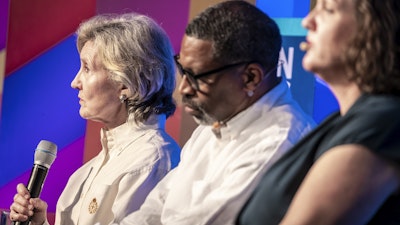
In a time of growing wealth disparity and evolving societal values, can capitalism adapt to sustain the American Dream?

Women are twice as likely to invest in female-led businesses. Explore the ways women approach wealth building and investment, and how they create opportunities to build financ...


